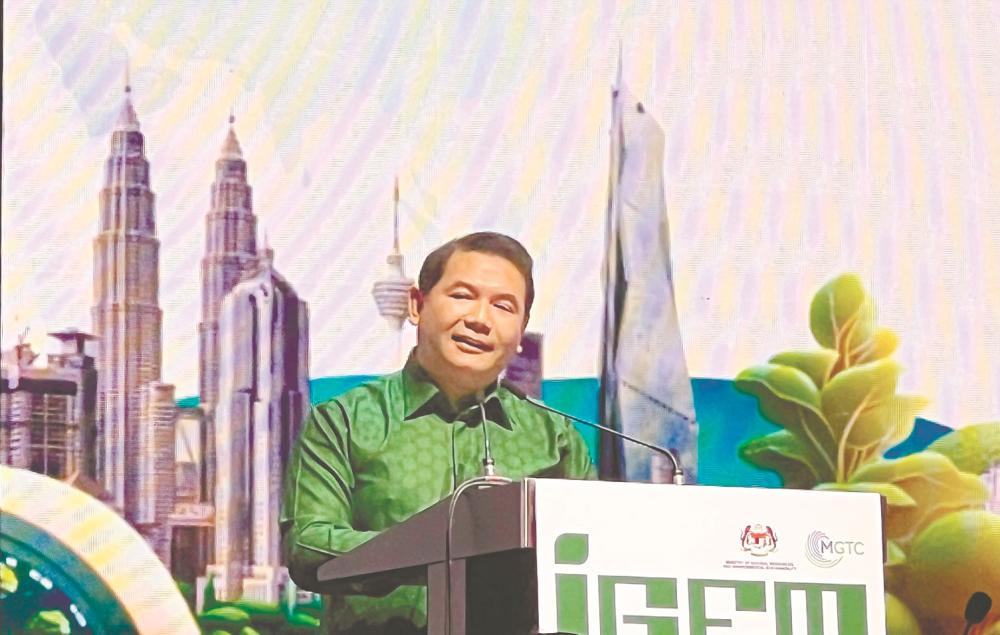KUALA LUMPUR: Malaysia has the potential to become a leader in climate action to achieve net-zero emissions by combining robust policies with an abundance of natural resources, which provides the country with a competitive advantage over others, said Economy Minister Rafizi Ramli.
He disclosed that the government plans to sign several memorandums of understanding this year to facilitate cross-border carbon capture and storage activities.
He said the government will present in Parliament next month legislation on carbon capture, utilisation and storage that has been benchmarked against those of several countries with internationally recognised standards.
“Biodiversity gives us a natural competitive advantage; for example, Malaysia’s sunny climate has propelled the country to become the third-largest producer of solar panels in the world, while our position as the second-largest palm oil producer allows us to embrace biomass as an alternative fuel source.
“The ambition for Malaysia to be a regional climate leader is indeed within reach. Our existing strengths, supported by strong policies, mean we can compete beyond our capabilities,” he said at the launch of the International Greentech & Eco Products Exhibition & Conference Malaysia 2024 (IGEM 2024) today.
The minister said other countries are becoming increasingly aware of this.
“During my participation in the Zero-Carbon Economy Community Ministerial Meeting, there was a genuine demand from Japan, South Korea, and even Singapore for Malaysia to take the lead in this area,” he noted.
Rafizi said that, at the same time, the context of Malaysia’s journey towards net-zero must be clarified. Since 1750, he said, Malaysia has contributed only 0.37% of global carbon dioxide emissions.
“At the same time, this administration does not intend to neglect our global responsibilities but rather recognises not only the social impetus but also the necessity to demonstrate regional leadership. For us, this is about implementing sound measures that ensure a sustainable future for the people of Southeast Asia,” Rafizi emphasised.









